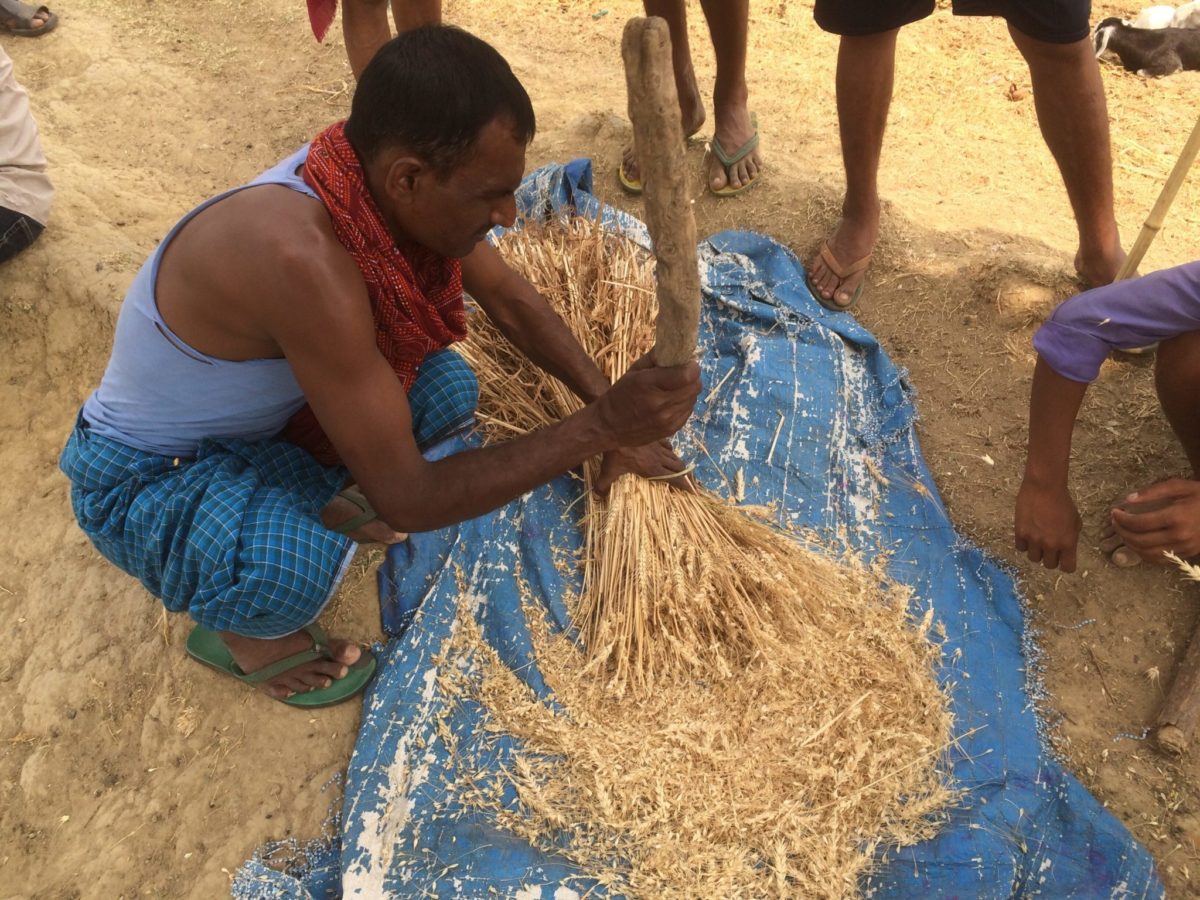David Lobell on how microsatellite data can help double impact of agricultural interventions | University of Michigan News

David Lobell and a team of researchers from the University of Michigan are looking at how micro-satellite data can help double the impact of agricultural interventions.
“Data from microsatellites can be used to detect and double the impact of sustainable interventions in agriculture at large scales, according to a new study led by the University of Michigan.
By being able to detect the impact and target interventions to locations where they will lead to the greatest increase or yield gains, satellite data can help increase food production in a low-cost and sustainable way.
According to the team of researchers from U-M, the International Maize and Wheat Improvement Center, and Stanford and Cornell universities, finding low cost ways to increase food production is critical given that feeding a growing population and increasing the yields of crops in a changing climate are some of the greatest challenges of the coming decades.
“Being able to use microsatellite data, to precisely target an intervention to the fields that would benefit the most at large scales will help us increase the efficacy of agricultural interventions,” said lead author Meha Jain, assistant professor at the U-M School for Environment and Sustainability.”

